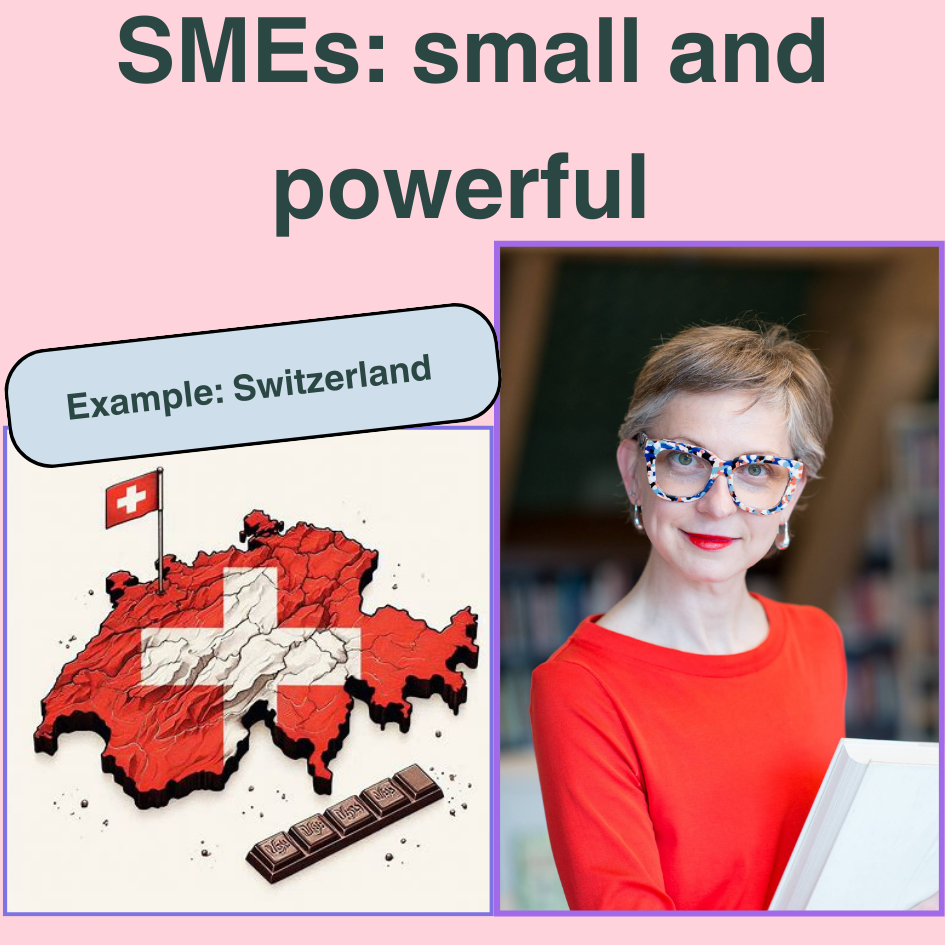SMEs: Small and Powerful
Small & Medium Entities.
Medium, small, micro.... and powerful.
In Switzerland, 99,7% of all enterprises employ on average less than 250 employees and are classified as Small- or Medium Enterprises (SMEs). The most significant growth in the past 13 years was recorded among SMEs active in the health industry. *
What makes SME so powerful? They are:
Small, and therefore more agile,
Have local roots and are well connected to local communities,
(in many cases) Family offices with strong ownership culture,
Employ more than two thirds of all jobs in the economy,
Foster knowledge sharing and innovation by cooperation and networking with each other.
Simply put, SMEs keep Swiss economy competitive, create healthy industrial mix and foster growth.
The IASB acknowledges SME`s limited resources [for preparation of financial records] by allowing SMEs without a public accountability to use a simplified form of IFRS named IFRS for SMEs Accounting Standard.
IFRS for SMEs Accounting Standard is less complex in many ways:
Topics not relevant for SMEs such as earnings per share, interim financial reporting and segment reporting are omitted.
Numerous recognition and measurement principles are simplified. For example, SMEs are allowed to amortize goodwill, instead of testing it for impairment annually.
SMEs are also allowed to recognize all borrowing and development costs as expenses instead of capitalizing them as (in)tangible assets.
☑ SMEs are allowed to not consolidate associates at equity but and use cost method instead.
☑ SME are required to prepare significantly fewer (ca 90 per cent less) disclosures.
And finally, IFRS for SMEs are written in clear, easily translatable language for use by non-native English speakers.
- Sources: "Kleine und mittlere Unternehmen" | Bundesamt für Statistik (admin.ch); Statistik der Unternehmensstruktur (STATENT) Struktur der kleinen und mittleren Unternehmen (KMU) in der Schweiz im Jahr 2021 | Bundesamt für Statistik (admin.ch)
